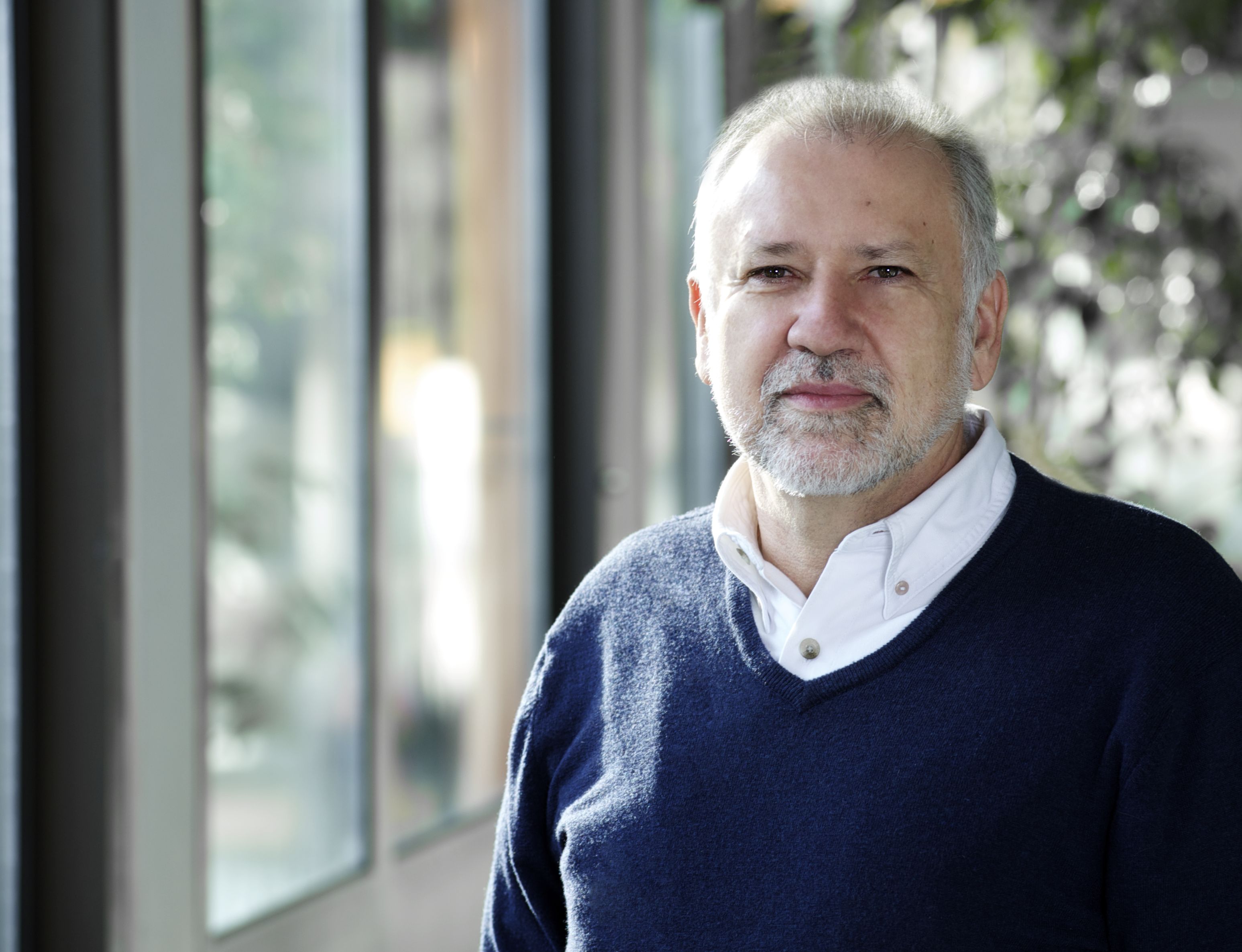
Suppressed memories
An international team of researchers, including members from the University of Konstanz, studied the brain activity associated with posttraumatic stress disorder (PTSD
War, torture, natural disasters - extreme emotional experiences can lead to posttraumatic stress disorder. But not everyone has the same propensity to develop the disorder. An international team of researchers analyzed the brain activity of people with PTSD when they try to suppress memories. During a memory test at the University of Konstanz, the researchers recorded the brain activity of refugees with PTSD and those without and then subsequently compared the results. The data provides a window into the neural basis for recurring traumatic memories that could help shape more effective treatments.
The study completed by the team surrounding Professor Thomas Elbert at the University of Konstanz, Dr Gerd Waldhauser at the Ruhr University Bochum, Dr Simon Hanslmayr at the University of Birmingham and colleagues at the Max Planck Institute for Human Development in Berlin, was published in the scientific journal Scientific Reports on 3 September 2018. The journal article was written at the University of Konstanz. The co-authors Gerd Waldhauser, Simon Hanslmayr and Martin J. Dahl were members of the team led by Konstanz-based psychologist Thomas Elbert.
Experiments on intentionally forgetting associations
24 refugees, both men and women, participated in the experiment. Eleven of them had developed PTSD as a result of their traumatic experiences, a disorder characterized by the recurrent and uncontrollable intrusion of traumatic memories. The other subjects had experienced equally traumatic experiences, but had not developed PTSD.
The brain activity of all participants was recorded as they took a memory test in which they learned to associate pictures of emotionally neutral everyday objects. Their task was then to actively forget some of the associations while trying to remember others. The researchers used magnetoencephalography (MEG) brain imaging technology to register the different frequencies of brain activity the subjects exhibited during the memory test.
Simon Hanslmayr explains: “The strength of the gamma frequencies in regions of the brain that have to do with memory and the processing of sensory information indicates the strength of a specific memory.”
Traces remain in the memory
Test persons without PTBS were able to successfully suppress associations. Their sensory memory traces for intentionally forgotten associations were not as strong as those for remembered associations. With PTBS participants, in contrast, the researchers found that the more severe the PTSD symptoms, the more difficult refugees found suppressing associations.
“The MEG data show that attempting to actively suppress memories has quite the opposite effect in PTSD sufferers”, says Hanslmayr. The sensory traces of suppressed memories remained intact and even tended to be increased. “These results provide a clue about the neuronal foundations of recurring traumatic memories and the lack of memory control in PTSD patients”, explains Gerd Waldhauser from the Institute of Cognitive Neuroscience at Ruhr University Bochum.
Potential treatment
The researchers point out that they only had a very small sample available for their study. “The experiments and diagnostics for this study were quite complex and we could only carry it out with a small number of highly traumatized test persons. We were, however, able to make certain that other factors which might have influenced the result – such as how strong the symptoms of depression are or the number of traumatic experiences – was equal in both groups”, adds Gerd Waldhauser.
The researchers hope that the results can be used to develop new strategies to treat posttraumatic stress disorder and that factors can be determined that will help protect humans from this disease. “Our data indicate that the ability to wilfully suppress memories might potentially protect against developing PTBS – and that PTBS impairs the ability to control memories”, says Waldhauser. “At the same time suppressing negative memories should not be recommended as a treatment without careful consideration, as it might precisely have the opposite effect: The memories are intensified or are preserved.” These phenomena need to be studied in more detail before effective medical strategies and preventive measures can be developed.
Original publication:
Gerd T. Waldhauser, Martin J. Dahl, Martina Ruf-Leuschner, Veronika Müller-Bamouh, Maggie Schauer, Nikolai Axmacher, Thomas Elbert, Simon Hanslmayr: The neural dynamics of deficient memory control in heavily traumatized refugees, in: Scientific Reports, 2018, DOI: 10.1038/s41598-018-31400-x
Facts:
- International research team with participants from Konstanz analyzes suppressed memories in traumatized refugees
- Clues for new strategies to treat posttraumatic stress disorder as well as for factors that might help protect against the disease
- Team around Professor Thomas Elbert from the University of Konstanz, Dr. Gerd Waldhauser from Ruhr University Bochum and Dr. Simon Hanslmayr from the University of Birmingham
- 24 women and men participated in the study
- Funded by the Young Scholar Fund of the University of Konstanz, the Swedish Research Council, the European Research Council, the German Research Foundation, the Wolfson Society and the Royal Society.
